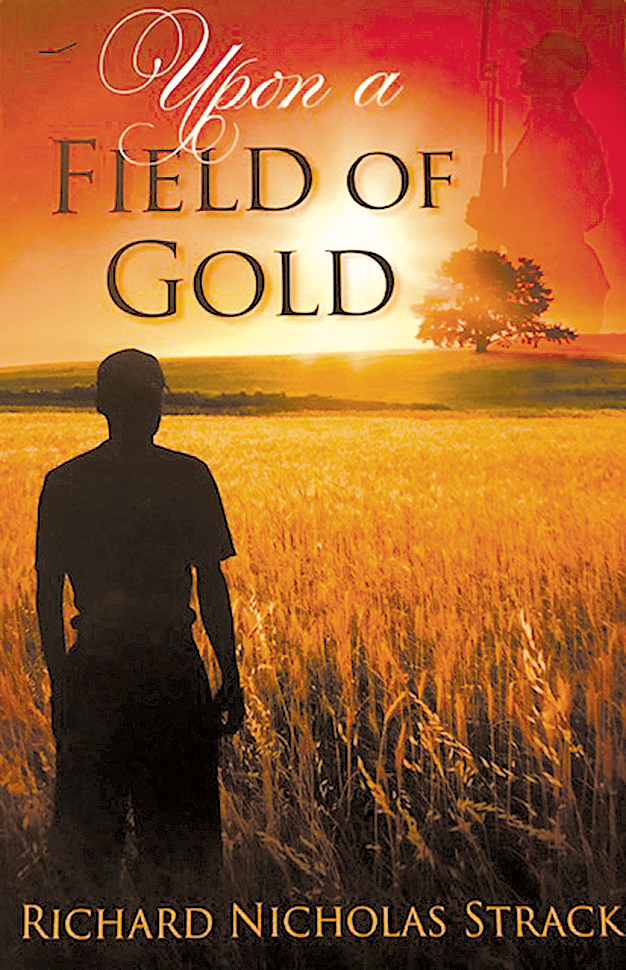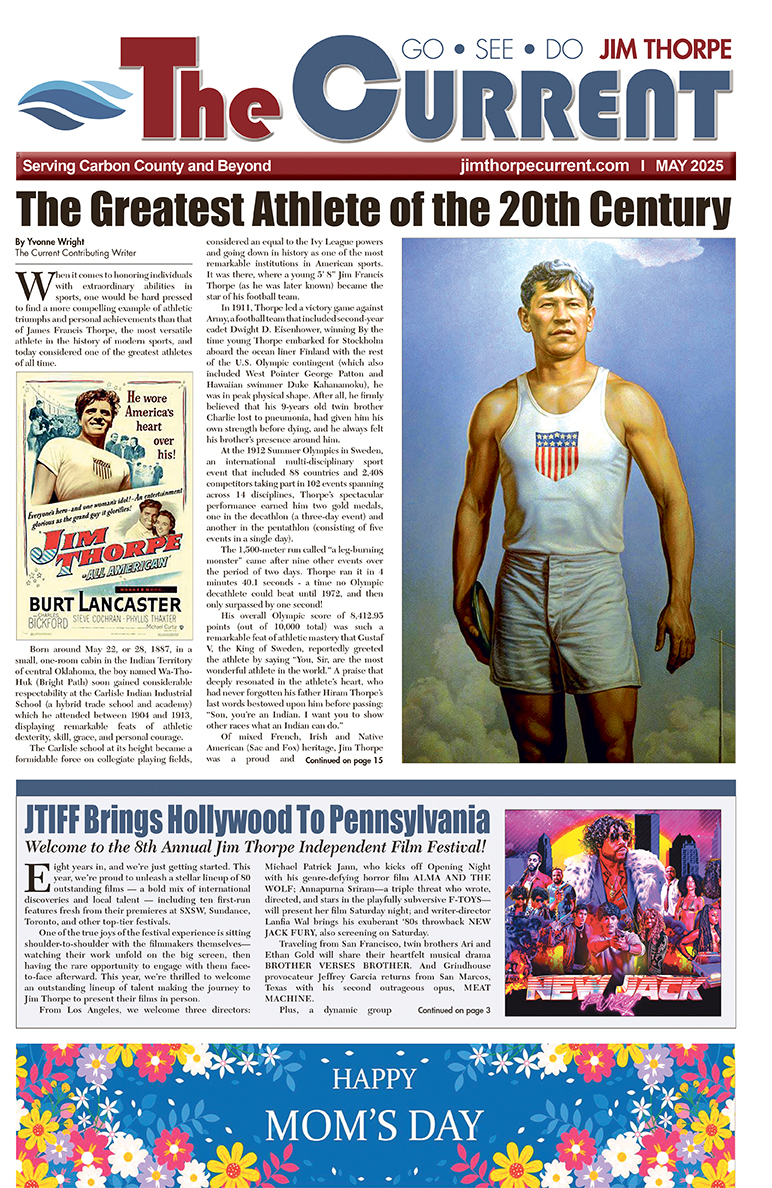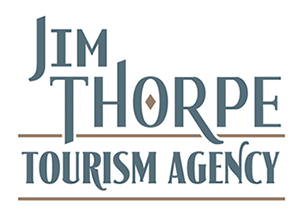By Yvonne Wright • The Current Contributing Writer
“Writing is the representation of the experiences of the mind” Anonymous
Over the years, I’ve had the privilege of writing about many highly creative visual arts practitioners, most of whom have made Jim Thorpe, or neighboring towns their home. Whether they were painters, photographers, printmakers, metalsmiths, woodworkers or graphic designers, their output made generous contribution to the local art scene. There is one art form, however, although practiced widely that has escaped my scrutiny until now…the art of writing.
The first advanced system in which a spoken language could be interpreted comprehensibly and physically recorded is generally attributed to the ancient civilization of Sumer, in southern Mesopotamia. It was the Sumerians, in approximately 3400 BCE, who first arrived at the idea of making specific marks on wet clay tablets with a reed implement which after hardening in the sun became permanent and portable, as a means of facilitating long distance administration and trade; hence, creating the first concept of the written word. “So important was writing to the Mesopotamians that, under the Assyrian King Ashurbanipal [who ruled between 685-627 BCE] over 30,000 clay tablet books were collected in the library of his capital at Nineveh.”
Western culture’s magnificent achievement is the invention of alphabet (originally based on Latin/Roman script), which proliferated in the ancient world along trade routes and military conquests, catapulting forward the advancements of knowledge, culture and technology.
Fast forwarding to the 21st century, and owing to successful literacy programs in the west, a growing competence in the art of writing has evolved into a cultural, political and economical necessity, taking on multiple forms and functions. Today, masters of the written word, writers, are capable of disseminating thoughts through a variety of literary forms, such as poetry, journalism, anecdotal, scientific, legal and/or political writing, screenplays, drama and blogs, using persuasive vocabulary to convey their ideas.
The term writer is primarily applied to a person who writes books, articles, political speeches, etc., as an occupation, and it is also a title applicable to music. Many composers are writers of music and still use traditional symbols (aka music notes) to denote levels of musical tones and their duration. Surprisingly, however, the computerized age of texting has brought back from the past one of the most primal forms of writing known to man – pictorial ‘hieroglyphs’ – a phenomenon in electronic messaging known today as emoji (derived from the Japanese word for picture) which uses illustrations rather than alphabetical letters for instant channeling of information, especially human emotions, bridging language barriers and cultural differences.
Over the years, many writers have made Jim Thorpe their base, inspired by the town’s historic heritage, picturesque vistas and welcoming community. The New Brunswick, NJ native Richard Strack is one of those highly accomplished writers, who, after falling in love with “the woods, the mountain air and the pristine Poconos lakes” decided to buy a vacation house in Bear Creek Lakes, and made it his home away from home for the next 15 years; eventually moving permanently to Jim Thorpe after retirement in 2011.
Strack’s list of accomplishments is impressively long and particularly worth noting in light of “surviving an unloved childhood, clouded by parents who struggled with poverty, illness, and alcohol abuse.” He managed to “put [himself] though Rutgers University to earn a degree in English education and then received a Master’s Degree in the Art of Teaching from Marygrove College.”
Strack has written three plays (performed on stage at the Shawnee Playhouse), and published a novel based on the author’s “confirmed experiences in a past life as a Civil War soldier who died in the Battle of Gettysburg” (Upon a Field of Gold. Book Publishers Network, 2017). He is at present a Times News feature columnist and sportswriter who won First Place in the personal profile category awarded by the Pennsylvania Associated Press for his story regarding A Soldier’s Tale of Guilt and Redemption about Clarence Smoyer, a WWII tank gunner from Lehighton, PA, who at the age of 89 returns to Germany to ask forgiveness (Times News online, February 23, 2019 ). To top it all off…. Strack’s novel is soon to be adapted as a major Hollywood motion picture, with filming scheduled to begin in the summer.
Strack’s belief in his past life as Joshua Park, a young soldier from Alabama, began with a visit to a psychic. Afterwards, Strack continued to receive “a stream of visual images of being this young man” in his dreams that led to consultation with a hypnotherapist specializing in past life regression. As the author explains “he delved into my deeper consciousness and I revealed a sequence of events I had lived as Joshua Park, including a girl I loved named Rebecca Willow. Our relationship ended after my death at Gettysburg, but we had promised each other we would be together in another lifetime” – a romantic story that inspired his novel Upon a Field of Gold.
The feature movie will be produced by Voyage Media (Nat Mundel, CEO, and executive producer Robert Mitas) and will be directed by Andy Fickman who said he would obtain a “bankable movie star” to play Strack in the lead role. The storyline and characterization may differ from the book, “but the theme of a time traveled romance and eternal love will be preserved.” Filming sites being considered are in Georgia, New York and Massachusetts, and the author will be welcome on the set.
During Strack’s 38-year long tenure as an English and American literature teacher, he “especially enjoyed teaching the writings of Mark Twain, Ralph Waldo Emerson, Henry David Thoreau and the poetry of Walt Whitman.” He even wrote (with great success) the curriculum “for the first ever Philosophy class to be taught in a public school in New Jersey;” a course which is still popular with students 10 years after his retirement.
Strack’s difficult childhood and sincerity in teaching often appealed to troubled teenagers, because what he most enjoyed about his profession was the challenge of imparting knowledge to “an unwilling audience” and making it relevant to their own lives, hence, capturing their attention and “lighting the fire of learning inside them.” Not a small task, if one considers teaching the power of word associations and writing structures, to the newly converted.
Always enjoying sports, in 1980 Strack was asked to coach the freshman football team, a position he held for 17 years, and also helped to coach a varsity baseball team for 6 years (although, at that level he couldn’t play the game himself due to a serious eye injury he sustained at age 14).
As an educator, and even though he felt petrified the first time he stood in front of 30 eighth graders, Strack knew it was his destiny and duty to give back to the society that once helped him. His creative enthusiasm granted Strack several distinguished awards selected by students and staff: Teacher of the Year (twice), Distinguished Educator, Who’s Who in American Teachers, and New Jersey Governor’s Recognition for Excellence in Education.
Today, Richard Strack enjoys family life in Jim Thorpe with his “two wonderful children Sadie and Richie, who are both students at Jim Thorpe High School. Sadie is in the Art Club and Richie plays baseball for the Olympians.” The author professes to be a very spiritual man. “Once a Eucharistic Minister of the Catholic faith, then removed from the graces of the church due to a divorce, now I find God in nature and in people which has made my beliefs very personal [..] I’ve always felt that my strength to overcome the obstacles in my life has come from God’s presence…“
In his spare time Strack enjoys fishing, walks in the woods, and summer evenings on the deck. He loves the serenity of nature, sunrises and sunsets, and enjoys gourmet cooking while listening to music of all genres from heavy rock to classical. He has even tried his hand at art.
Compassionate and caring, he still keeps close contact with many of his former students and athletes. Once, after finding an old shoe box in the attic of his house filled with love letters written by his parents to each other before they were married, Strack was filled with a sense of empathy toward them, and decided to write a letter to his father, forgiving him for never being there for him, which he left symbolically on his grave.
In so many ways, and more than any other creative media in history, writers have been entrusted with the power ‘to rule the world’ with their mighty pens (or laptops). They are able to touch our minds and hearts, communicate ideas, inspire or provoke debates, and keep us informed on the most current matters. The pen is mightier than the sword, they say, and indeed, it may be.
Yvonne Wright is the owner of STUDIO YNW at 100 West Broadway in Jim Thorpe. She can be reached at studio.ynw@gmail.com



























Add Comment